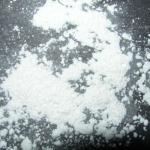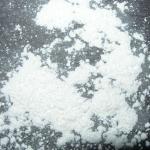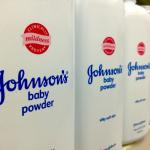“Early lawsuits against the company pointed to talc as a cause of ovarian cancer, though the scientific evidence was not conclusive.
baby powder
Johnson & Johnson has announced that it will stop selling talcum baby powder in the United States and Canada. Why?
Ovarian cancer is, thankfully, given its poor prognosis, a rare disease in the US – estimated lifetime risk of 1.5%.
In his Farewell Address, President Eisenhower warned of the military-industrial complex, a partnership between the military and defense industry that was financially incentivized to promote war over peace.
Americans love to sue people.
When you cross the state line into California, your risk of cancer immediately quadruples. We know this because of all the warning signs.
A Missouri court of appeals recently tossed out a decision to award $72 million (ten million dollars in actual damages and $62 million in punitive damages) to a w









